L’ISU lance l’Enquête sur l’éducation 2017
Depuis l’adoption des Objectifs de développement durable (ODD), l’Institut de statistique de l’UNESCO (ISU) travaille en étroite collaboration avec les États membres et les partenaires pour élaborer de nouveaux indicateurs, approches statistiques et outils de suivi afin de mieux évaluer les progrès accomplis vers la réalisation des cibles d’éducation de l’ODD 4, tout en s’efforçant de minimiser le fardeau lié à l’établissement des rapports pesant sur les pays.
